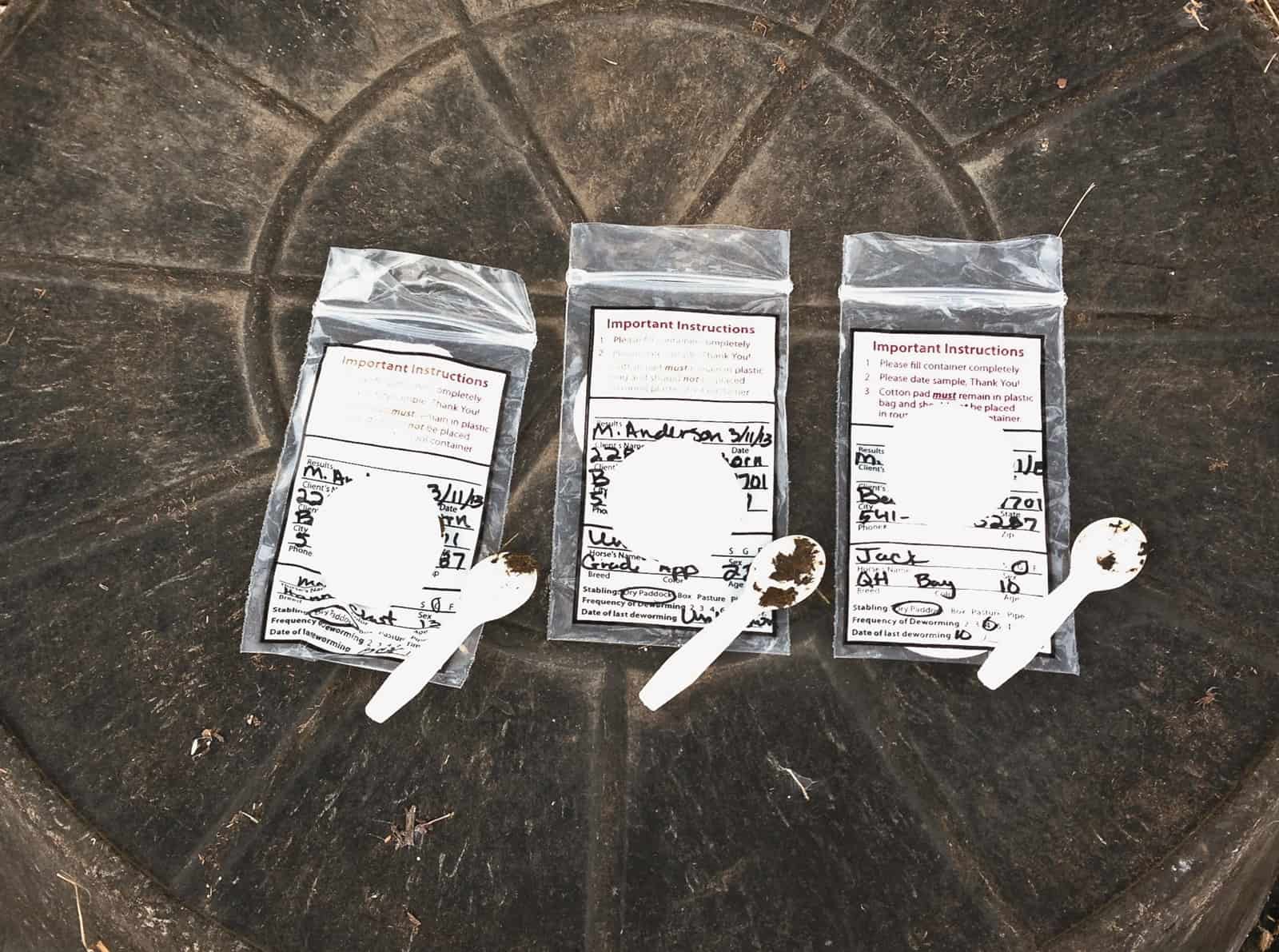Deworming: Less is More

—Heather, Pittsburg, Pa.
A. Your veterinarian has a point: There’s no doubt that the majority of horses in North America are over-dewormed, and the large majority of adult horses require very little deworming if at all.
Although all horses get internal parasites, the risks of actual disease caused by these are very low in adult horses. Foals and yearlings are more susceptible to infection and hence more at risk. However, in our guidelines for equine parasite control (published by American Association of Equine Practitioners) we do recommend a baseline of one to two annual dewormings that all adult horses should receive. The reason is that the fecal egg count mainly reflects the level of egg shedding with small strongyles, which are by far the most common and abundant parasites infecting horses. But other potentially important parasites such as tapeworms and large strongyles (bloodworms) are not readily reflected by egg counts
Create a free account with TheHorse.com to view this content.
TheHorse.com is home to thousands of free articles about horse health care. In order to access some of our exclusive free content, you must be signed into TheHorse.com.
Start your free account today!
Already have an account?
and continue reading.
Written by:
Martin Krarup Nielsen, DVM, PhD, Dipl. ACVM
Related Articles
Stay on top of the most recent Horse Health news with















